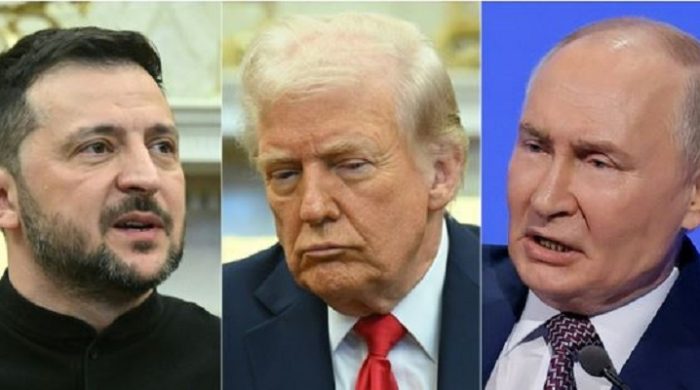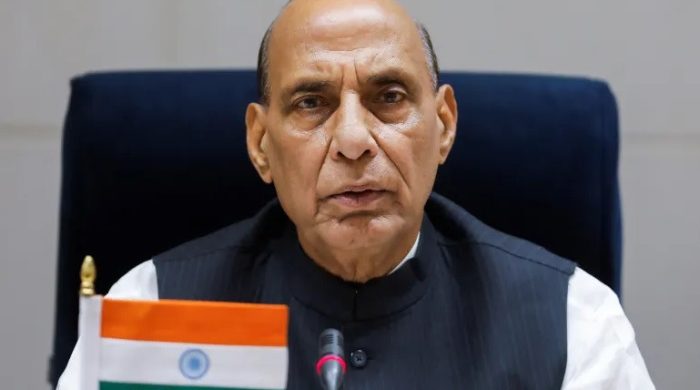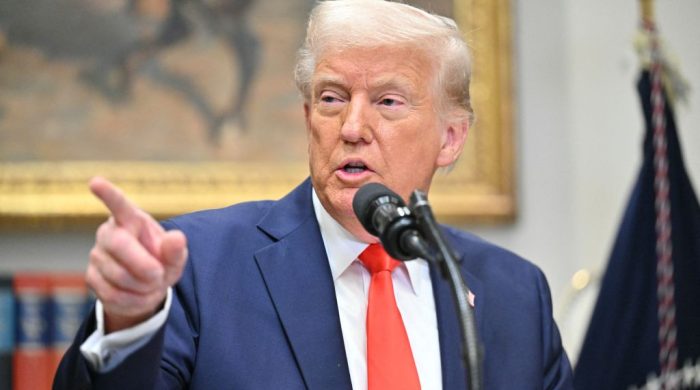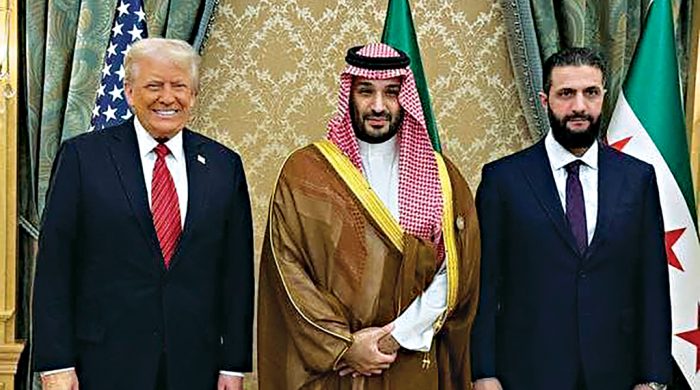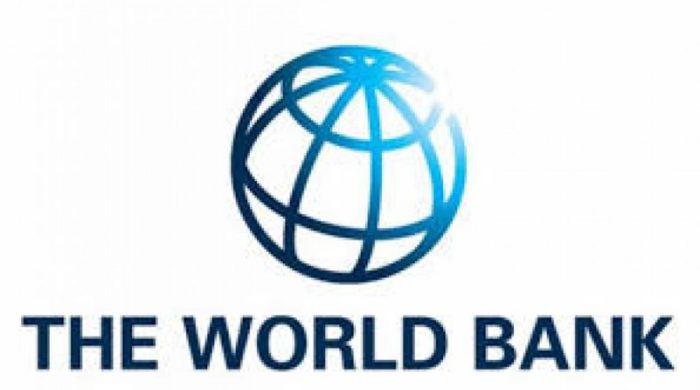Geopolitics of US-Iran rapprochement

- Update Time : Monday, April 4, 2022
- 194 Time View

THE US push to revive the JCPOA with Iran has accelerated in the wake of the Russian military operation in Ukraine. As many reports have indicated, the ongoing talks in Vienna are very close to a successful outcome. As other reports have also indicated, the United States is also willing to lift sanctions on Iran, including removing the Revolutionary Guards’ designation as a terrorist group.
For the Iranians, this news certainly sounds great after facing years of completely unjustified sanctions. But the key question here is: why is this happening at such a fast pace, especially after the Joe Biden administration refused, soon after coming into power only last year, to re-join the JCPOA and lift the Trump-era sanctions? The pace of these talks and the concessions that the US is willing to concede are both tied to the overall strategy of scuttling the Russian economy by manipulating the global oil production and supply.
Policy makers in the United States seem to have calculated that lifting economic and financial sanctions on Iran could allow Tehran to add its oil supplies to the global market. This could have two consequences. First, an increase in oil production would bring the soaring oil prices down. Higher oil prices in the United States and Europe have led to a market crisis. By controlling oil prices through increased global oil production, the United States and Europe seem to believe that they will be able to manage the fallout of the Russia-Ukraine crisis that they helped started by stubbornly pushing for NATO’s expansion into Ukraine to encircle Russia. Secondly, by increasing global oil production and bringing oil prices down, the United States thinks it can prevent the Russian economy from benefiting from the higher prices at a time when Russia is involved in an active military conflict.
But, why is the United States courting Iran? The most important reason for the US willingness is its inability to coax key OPEC members — Saudi Arabia and the UAE — into breaking the OPEC Plus agreement (ie, OPEC and Russia pact) over the maximum level of oil production to increase global oil production to control the rising prices.
As reports in the Western media have shown, Saudi and Emirati leaders declined calls from Joe Biden earlier in March to discuss the possibility of breaking the OPEC Plus pact. Both the Saudi and the Emirati leaders knew that breaking that pact during the Russian-Ukraine war would be tantamount to taking a position against Russia (as also China, Russia’s ‘no limits’ ally.) Their refusal, on the other hand, reflects the ongoing state of US ties with its traditional Middle Eastern ‘allies.’
Biden’s disaster in the Middle East is of his own making. First, Biden tried to implicate Mohammad bin Salman, Saudia’s Crown Prince and de facto ruler, in the murder of a Saudi journalist Jamal Khashoggi in Istanbul. Secondly, the United States refused to support Riyadh in its war on the Houthis in Yemen. Thirdly, the Biden administration played the UAE around the F-35 deal for over a year, until the latter decided to stop talks and bought Rafael jets from France. There is no denying that both countries refused to entertain Biden’s phone calls.
Facing this disaster, Biden sent his most trusted ally, Boris Johnson, to Riyadh to convince MBS to increase oil production. Johnson’s meeting with MBS in the second week of March was a failure. As reports show, he failed to convince MBS. There is, therefore, every reason for the US to court Iran, which is a lot more deeply aligned with Russia — and China — than Saudi Arabia and the United Arab Emirates. Will this venture to hurt the Russian economy succeed? It is highly unlikely. But the fact that Washington is nonetheless pursuing this path shows how important it has become for the West to manipulate the global oil market to Russia’s disadvantage.
It is for the same reason that the US is willing to remove sanctions on Iran’s Revolutionary Guards – which are not, in any way, related to the nuclear deal itself – provided Iran publicly commits to scale its activity in the region (ie, Syria and beyond). Israel is, of course, not happy. But the United States is following a politics where immediate interest is supreme.
The problem for the United States, however, lies in the fact that the Iranians are too well aware of the nature of the US geopolitics and the latent motivations of its willingness to make a rapprochement. The Iranians are unlikely to forget that the United States made a similar multi-party agreement in 2016, which the Trump administration broke soon after coming into power. While Iran will be happy to make a deal — and Russia, too, does not oppose it, or considers it a ‘threat’ — to reintegrate its economy with the world, Tehran is also mindful of the fact Donald Trump is eyeing re-election.
Even if Trump does not win, there is no guarantee that Joe Biden, or any next president, would not violate the deal. In fact, Iran has been demanding that JCPOA, or any new deal, needs to be ratified by the US Congress as a treaty to ensure that it is not thrown into the dustbin soon after. But, as it stands, Joe Biden, as Iran understands, doesn’t have the numbers — in particular, in the US senate — to have the agreement passed as a treaty by the US Congress. Therefore, Tehran understands that any deal with the US that is not a US Congress approved treaty will be a fragile deal, one the US can always reject in a situation where it does not need Iran.
While a deal may still happen, whether it will help the US achieve its cardinal objective i.e., isolate and hurt Russia, remains unlikely. It will be months before Iran can pump enough oil. Also, reduced prices do not mean that the Russian economy will collapse; in fact, Russia survived even when oil prices went as low as $16 a barrel in 2020.
New Eastern Outlook, March 30. Salman Rafi Sheikh is a research analyst of international relations and Pakistan’s foreign and domestic affairs.









